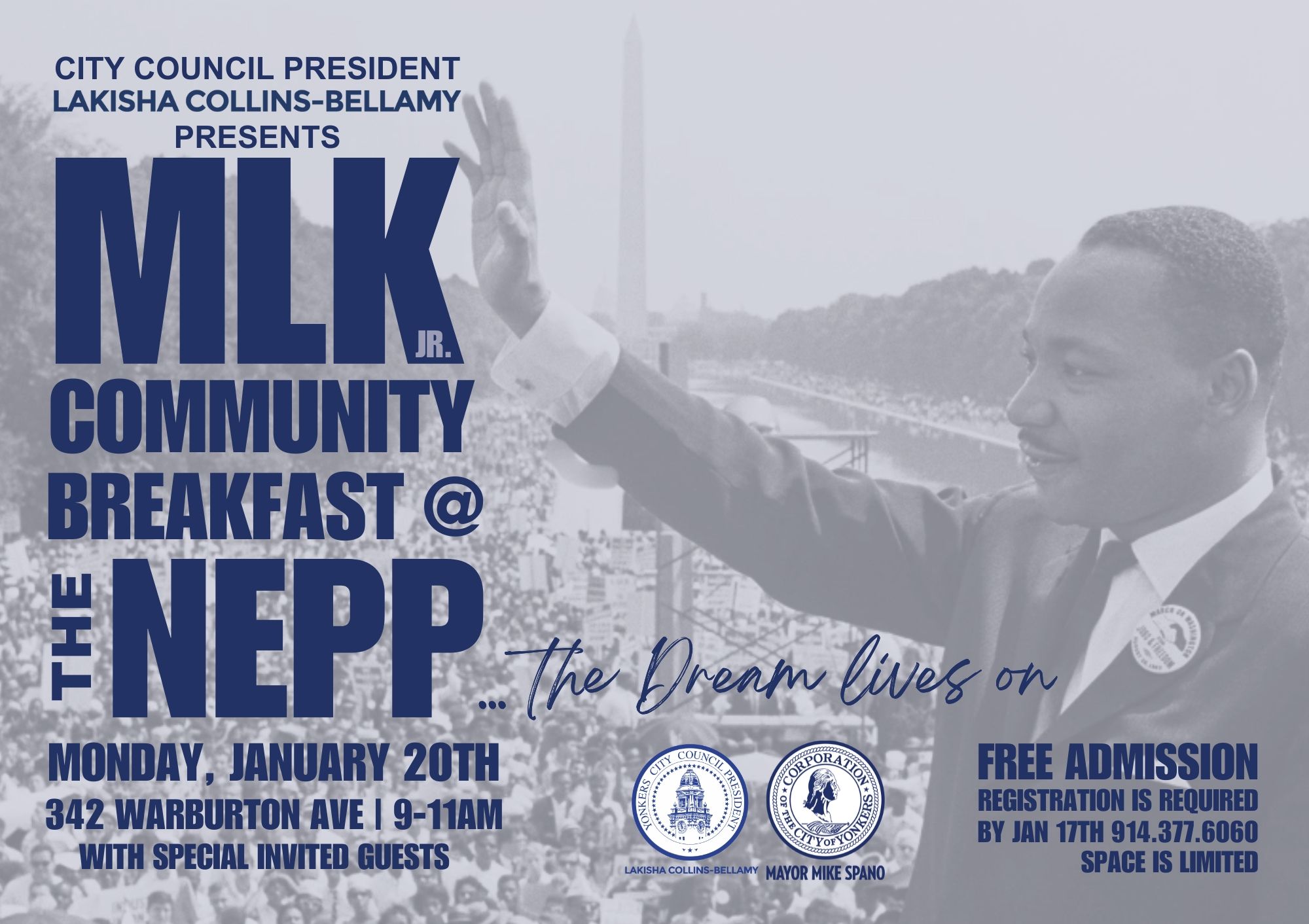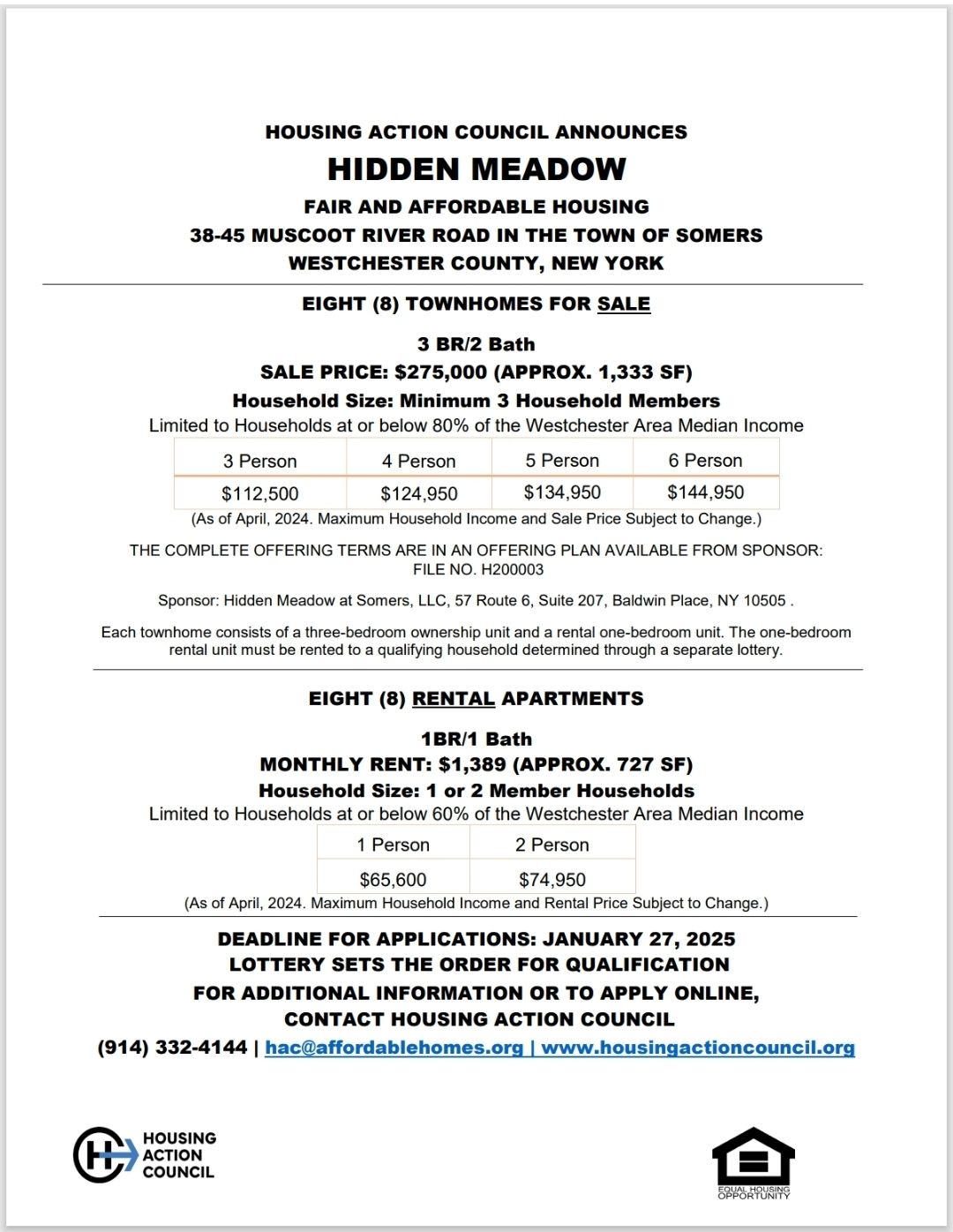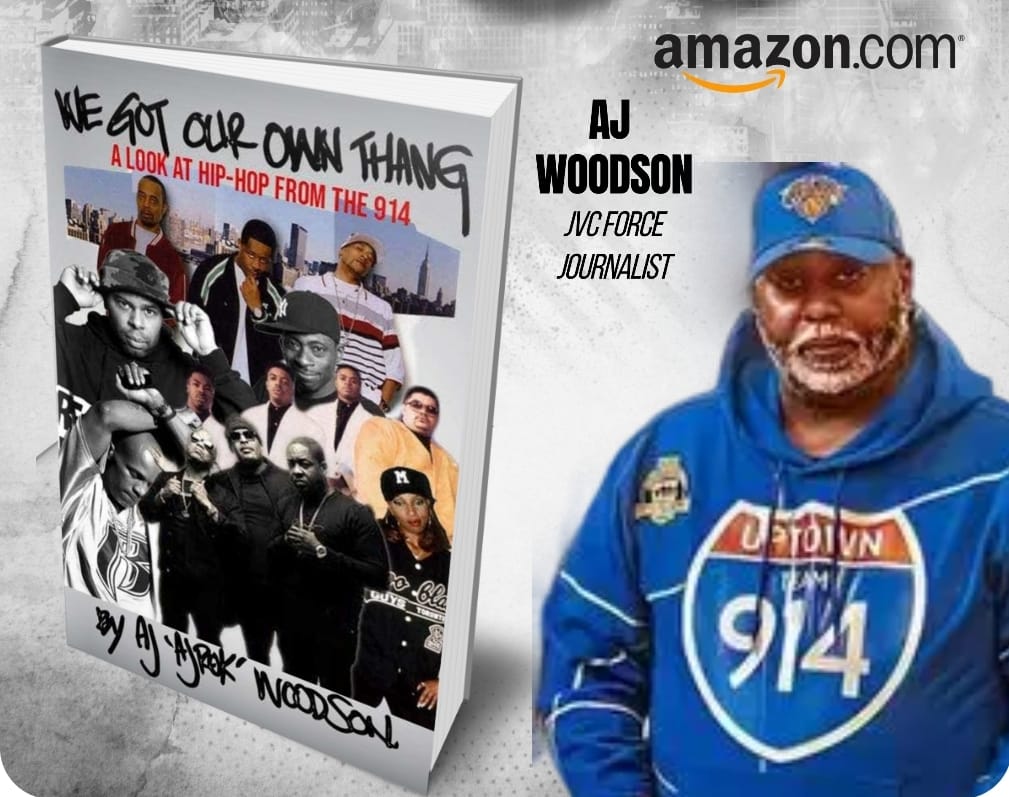For over three decades, I have fought for freedom, justice, and equality for Black people. This struggle has been deeply personal, grounded in the lessons passed down by those who came before me in the Civil Rights and Black Power movements. Leaders like Malcolm X, Muhammad Ali, Ella Baker, and Stokely Carmichael taught us to fight not only with our bodies but also our minds and to stay vigilant in a system designed to oppress us. Among the most enduring tools they gave us was the concept of being “woke.”
From the 50s, 60s, and 70s, ‘woke’ emerged as a rallying cry within Black communities, a call to remain conscious of the ever-present threats posed by systemic racism and anti-Black violence. It was a directive to prepare ourselves, educate each other, and resist injustice wherever we encountered it. This term carries the weight of our history of struggle and resilience that we must not forget.
Yet today, mainstream liberalism has co-opted and diluted ‘woke,’ turning it from a tool of Black empowerment into a hollow buzzword. This shift has stripped the term of its power and erased its roots in Black liberation. It’s not just time, it’s urgent that we reclaim ‘woke’ as our own and restore its original meaning. This is a responsibility we must all take on to empower our community.
The Black Roots of “Woke”
For generations, “woke” has been more than just a word in Black communities—it has been a survival strategy, a rallying cry, and a framework for liberation. It originated in African American Vernacular English (AAVE) as a warning to stay alert and recognize the dangers lurking in a society built on white supremacy. To be “woke” was not just about awareness; it was about action, ensuring that we were prepared to confront the racism shaping our lives—from segregation to police brutality to the subtler but no less insidious mechanisms of systemic inequality. “Woke” was, and must remain, a lifeline and a strategy for survival.
During the Civil Rights Movement, “woke” became inseparable from the fight for freedom. It embodied the vigilance required to resist the overt violence of white mobs and the covert violence of discriminatory laws. Leaders and activists knew that survival depended not just on physical resilience but on mental clarity—on staying “woke” to the realities of a system that sought to dehumanize and oppress us at every turn.
As the Black Power movement rose in the 1960s, “woke” evolved to reflect a deeper call for cultural pride, self-determination, and political consciousness. It urged us not only to resist but also to build. “Woke” meant understanding the system, educating ourselves, and fighting for collective liberation. But it also meant owning our future—having our own land, businesses, and economy, and breaking free from dependence on systems designed to marginalize us. To be truly “woke” was to be independent, to create spaces where Black communities could thrive without relying on the structures of those who oppressed us.
Today, the concept of “woke” has been co-opted and diluted. Instead of a call for Black self-determination and empowerment, it often reflects the very dependency we fought to overcome. Many of our communities are still bound by economic and institutional systems that perpetuate inequality. “Woke” must return to its roots, reminding us of the need for self-reliance, collective ownership, and an economic foundation that secures our freedom.
As the former North East Regional President of the National Black Police Association, I was mentored by Black law enforcement officers who came out of the Civil Rights and Black Power movements. For the National Black Police Association, “woke” was more than a concept; it was a guiding principle for survival in confronting racism within the justice system. We recognized the harsh reality that Black people, especially young Black men, were disproportionately targeted by racist policing practices. In response, we developed What to Do When Stopped by Police, or How to Survive a Police Encounter, a guide beyond practical advice. It was a lifeline, equipping our community with the tools to navigate encounters with law enforcement while staying informed, vigilant, and “woke” in the face of systemic oppression.
To be “woke” today must also mean reclaiming the spirit of self-determination that our ancestors fought for. It is about building a future where we own our economic, cultural, and political communities and no longer rely on systems designed to fail us. “Woke” is not just about recognizing the problem; it is about creating solutions that ensure Black survival, freedom, and prosperity on our terms.
The Co-Optation of “Woke”
I hate to disappoint anyone reading this, but “woke” did not represent abortion rights, it did not represent defunding the police, it did not represent the LGBTQ agenda, and it certainly did not represent men playing in women’s sports. “Woke” represented the survival and preservation of Black people in a racist society. It was born from the need to remain vigilant in the face of systemic oppression, a call to action deeply rooted in Black Americans’ lived realities and struggles. But in recent years, “woke” has been co-opted by mainstream liberalism and stripped of its original meaning. What was once a mighty rallying cry tied to Black liberation has been transformed into a vague and often performative symbol of progressive awareness. For instance, the term has been used to promote causes that, while important, do not directly address the specific struggles of the Black community, such as climate change and gender equality.
White liberals began using “woke” as a marker of their social consciousness, attaching it to a wide range of issues, from climate change to gender equality. While these are undoubtedly important causes, their application to “woke” erased the term’s specific connection to the Black struggle. The original purpose of “woke” was not to act as a catch-all for every progressive cause but to confront and resist the systemic racism that has plagued Black communities for centuries. As “woke” spread beyond its origins, it became increasingly performative. For some, being “woke” was no longer about taking meaningful action but about adopting an identity—a way to signal virtue without engaging in the uncomfortable, often grueling work of dismantling racism.
Corporations and institutions seized upon the term, transforming it into a marketing tool. Brands that had long ignored or even perpetuated inequality suddenly wanted to appear “woke,” slapping the term onto hollow campaigns for profit while doing little to address the structures that sustain systemic oppression. This commercialization diluted the power of “woke,” turning it into a shallow commodity that benefited everyone but the Black communities it was meant to protect and empower.
Woke” has been dragged into the shallow waters of Hollywood, where comedians and entertainers casually toss it around, stripping it of its gravity. During recent elections, instead of focusing on the core values of Black liberation, Democrats paraded entertainers like Cardi B and Megan Thee Stallion as symbols of being “woke,” using their platforms to pander rather than to uplift. The consequences of this co-optation have been deeply damaging. “Woke” has become a target of ridicule, particularly by conservatives who now weaponize it as a catch-all insult for progressive ideals, dismissing it as excessive or detached from reality. Ironically, their attacks focus on the performative “wokeness” of white liberals rather than the term’s roots in Black resistance, further obscuring its original purpose.
What was once a lifeline for Black survival has been hijacked and twisted into something unrecognizable, a reminder of how easily the tools of our liberation can be commodified and weaponized against us. This distortion has not only diluted the power of the term but also diverted critical attention and resources away from the specific struggles of the Black community. Instead of challenging systemic oppression, the co-optation of “woke” has allowed it to perpetuate, shifting the focus from genuine change to superficial gestures and empty symbolism.
Reclaiming “Woke”
As someone who has dedicated my life to this struggle, I know how essential it is to protect the integrity of our language. Words like “woke” carry the weight of our history and the promise of our future. They are more than slogans; they are tools for survival, empowerment, and liberation.
To reclaim “woke,” we must first honor its roots. This word was born from the Black experience and belongs to us. It is not a universal term for general progressivism but a specific call to action against anti-Black racism. White liberals need to recognize this history and respect the term’s origins. It is not theirs to redefine or repurpose.
We must also demand that “woke” return to its original purpose: action. Being “woke” means more than awareness; it requires a commitment to change. It means organizing, educating, and fighting back. It means applying the lessons of “What to Do When Stopped by Police ” to every aspect of our lives, ensuring that we remain prepared and vigilant in the face of systemic oppression.
Finally, we must resist the commodification of “woke.” Corporations and institutions wishing to support our communities must move beyond slogans. They must invest in Black leadership, fund grassroots movements, and challenge the structures perpetuating inequality. Anything less is not “woke”—it’s exploitation.
A Legacy Worth Defending
“Woke” was never just a word; it was—and is—a lifeline. It has carried us through decades of struggle, from the Civil Rights Movement to the fight against police brutality today. It reminds us to stay alert, informed, and ready. It is a testament to the resilience and ingenuity of Black people, who have always found ways to survive and resist.
If we are to honor the sacrifices of those who came before us, we must reclaim “woke” as our own. We must restore its meaning, protect its power, and ensure it continues serving as a beacon for future generations. To white liberals, I say this: you can be our allies, but you cannot take our language. Give “woke” back to Black liberation, where it belongs.







